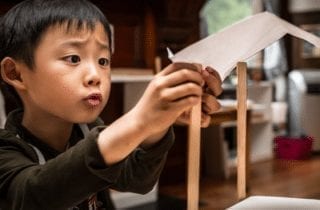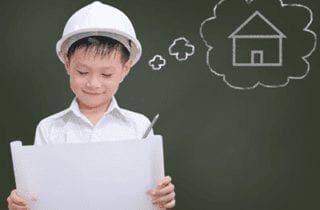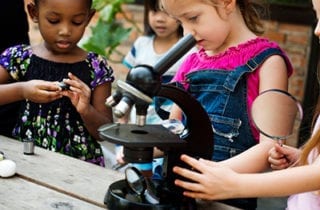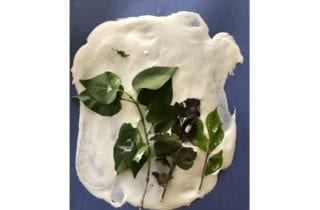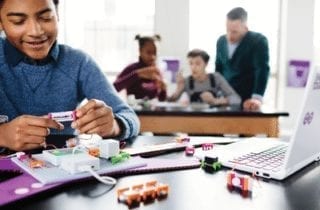Even with the NGSS’s emphasis on engineering, there’s still a feeling that in preschool and kindergarten, teachers shouldn’t place as much emphasis on the E in STEM. While four-year-olds can’t compete with even third graders in engineering, they can learn and benefit from modified lessons. Nia Keith, Director of Professional Development for EiE, Museum of Science, Boston, gave attendees insights into engineering in early education in the edWebinar, “STEM in Early Education: Empowering Problem-Solving.”
In this edWebinar, take your students’ computational thinking to the next level using variables and conditionals in both simple and complex programs.
In this edWebinar, learn how to unleash the inner scientist in your little sprouts and inspire the next generation of STEM superstars.
In this edWebinar, learn how to develop a sustainable STEM education program that will qualify for entitlement funding and can be used to apply for grants
In this edWebinar, Carol Mueller explores the four stages of how real engineers work and offer practical tips to incorporate them in the science classroom.
In this edWebinar, Marnie Forestieri, explores STEAM learning centers, including ways teachers can take their learning center time to the next level.
In this edWebinar, Nia Keith discusses research, tips and strategies for how engineering helps children develop important 21st century skills.
In this edWebinar, John Funk, M.Ed., provides ideas for using creative art activities to promote scientific reasoning and support science vocabulary.
In this edWebinar, Ellen Acuna explores the National Science Teachers Association’s key principles to guide science learning.
In this edWebinar, learn how to measure what counts in PBL and assess students’ growth and areas for improvement.


